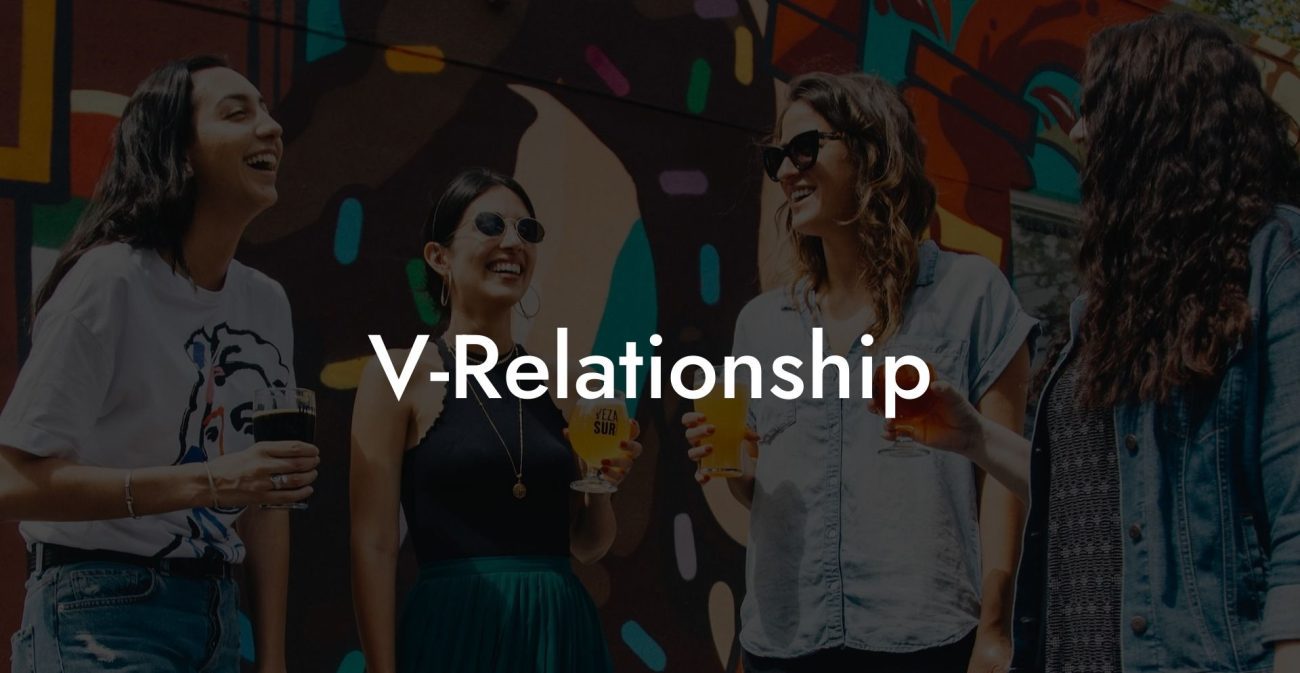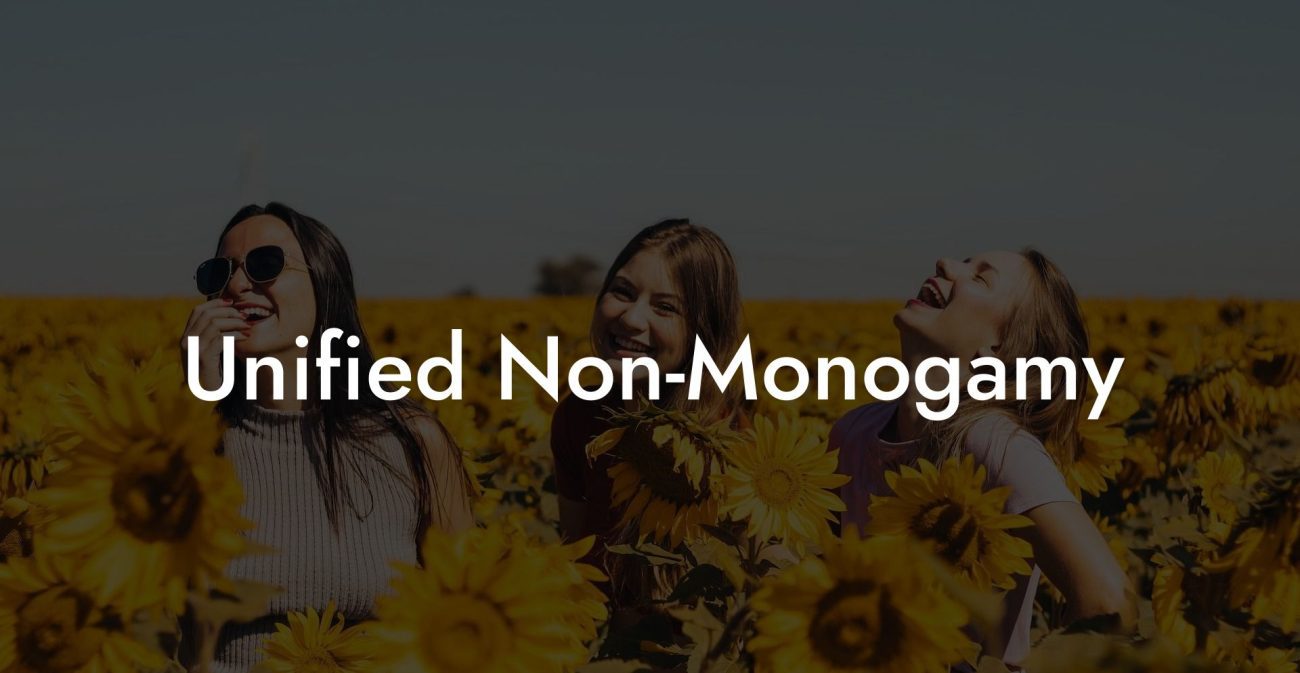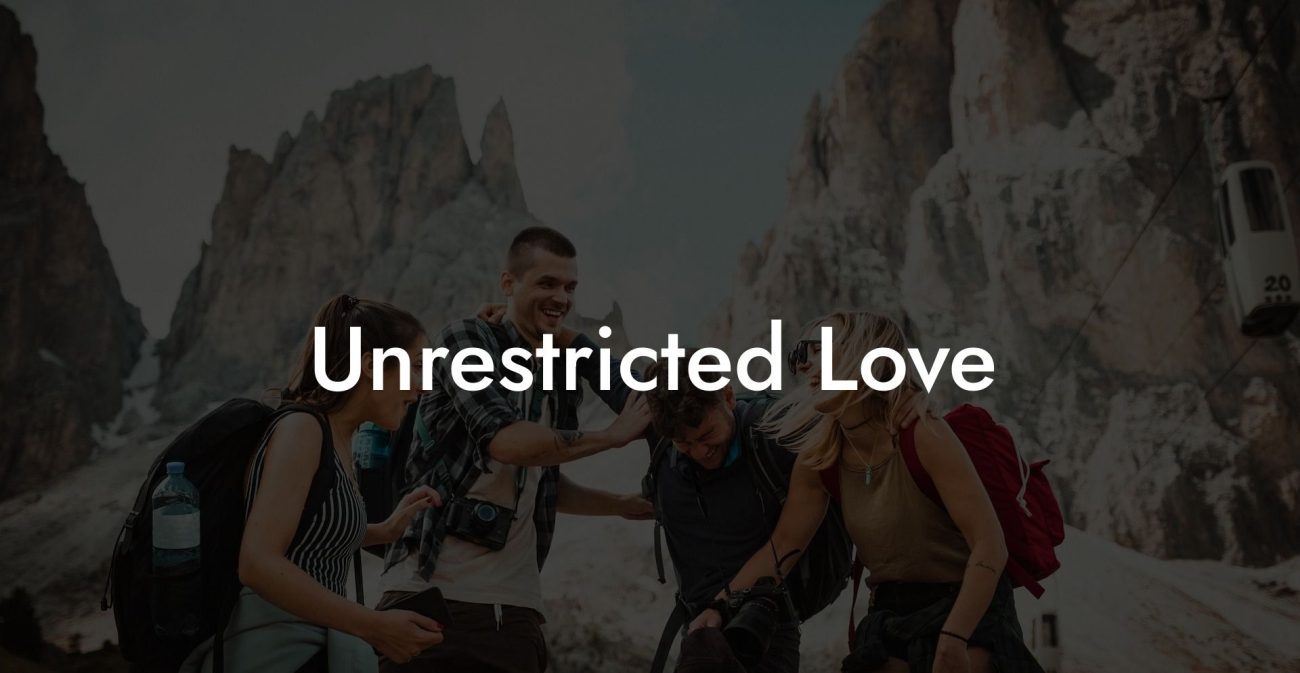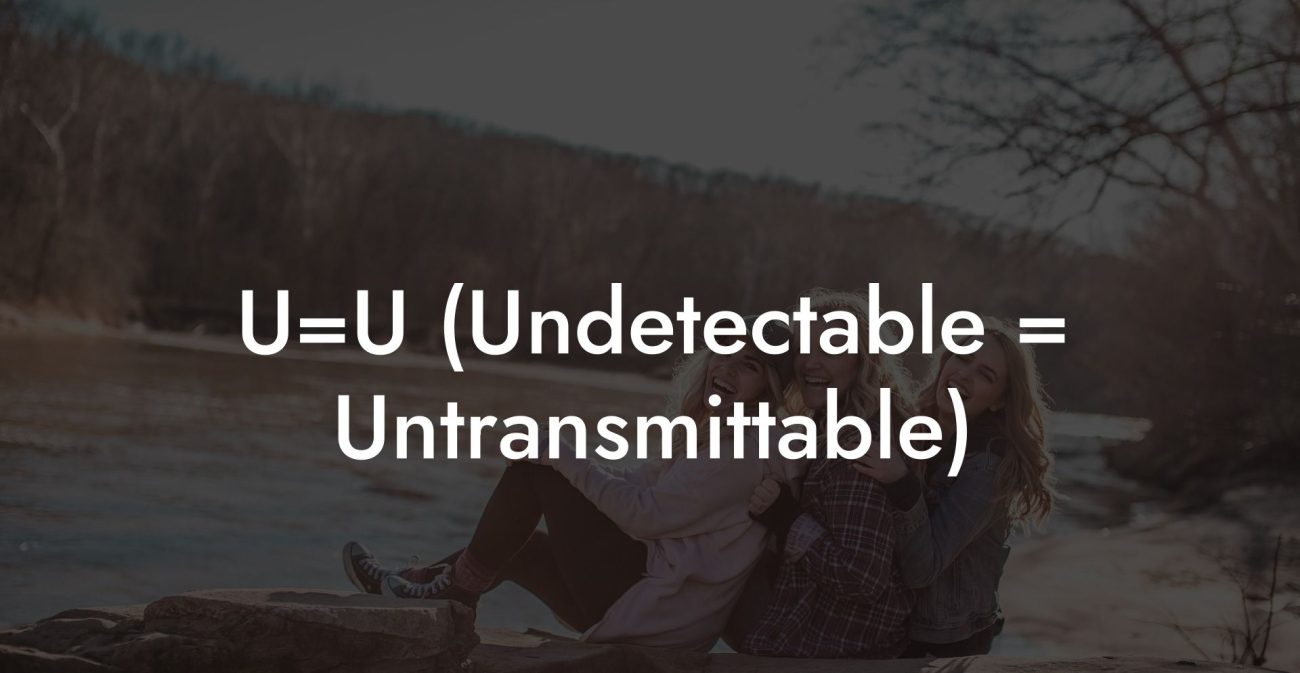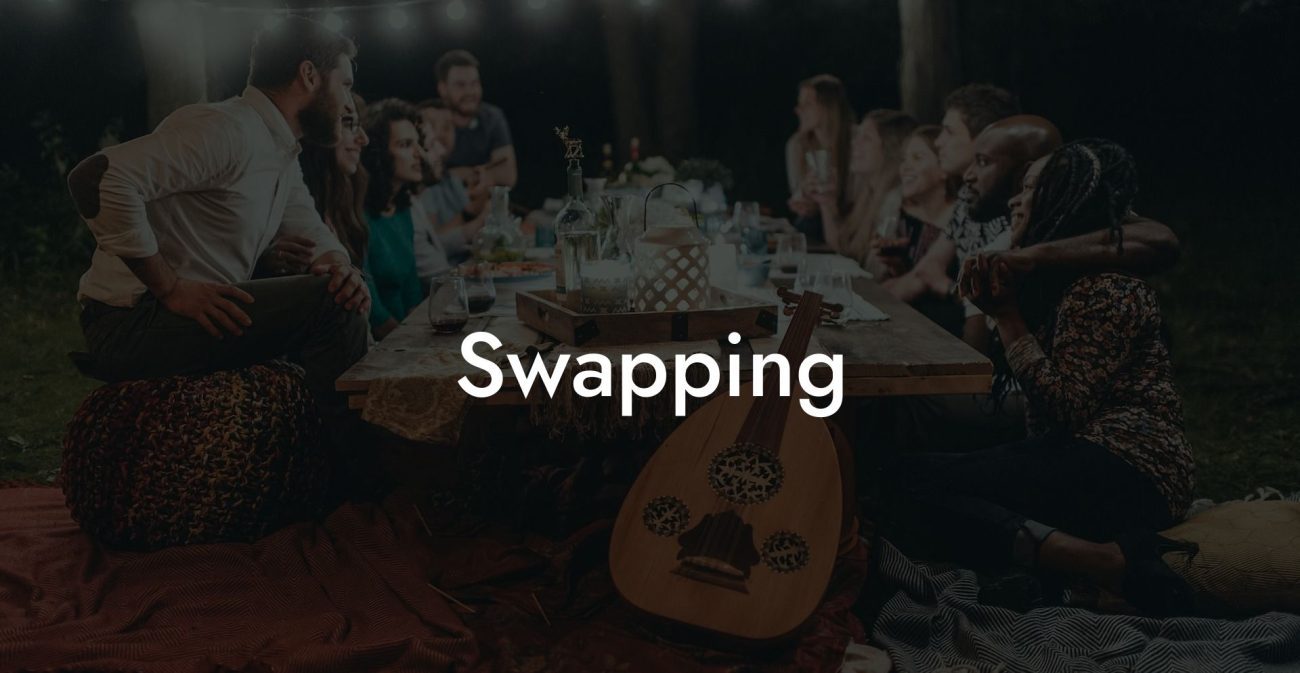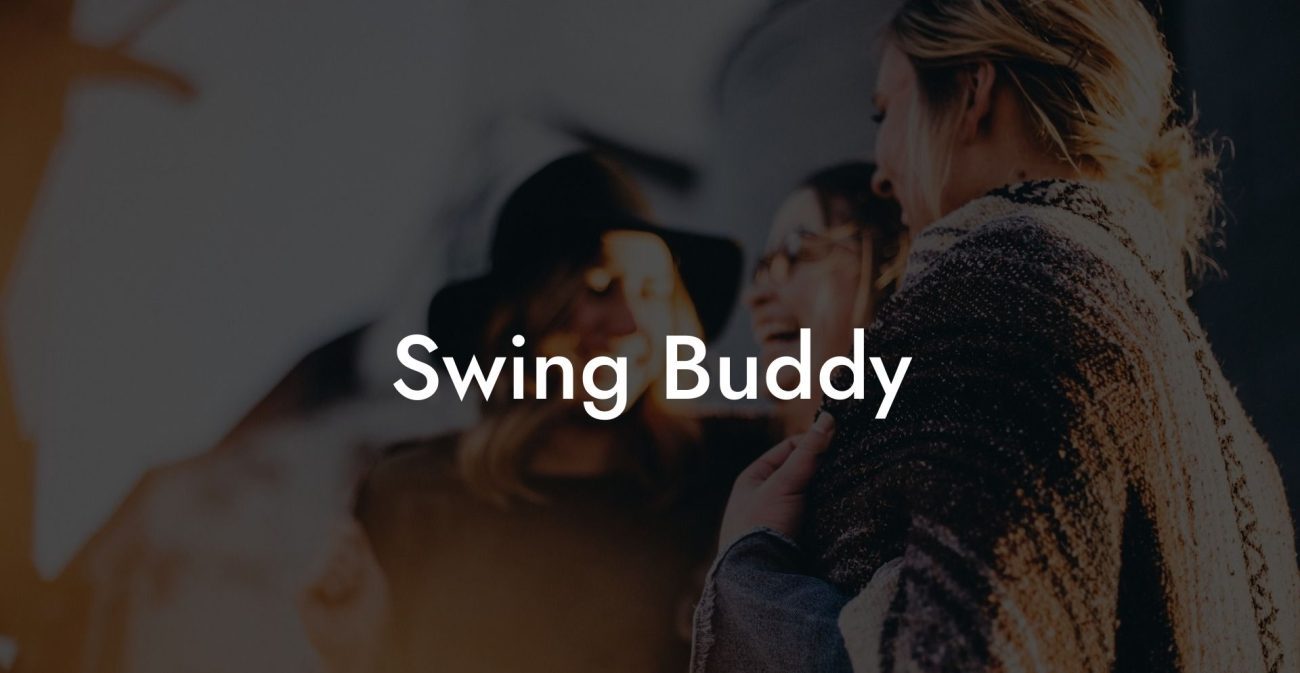Dynamic Connections
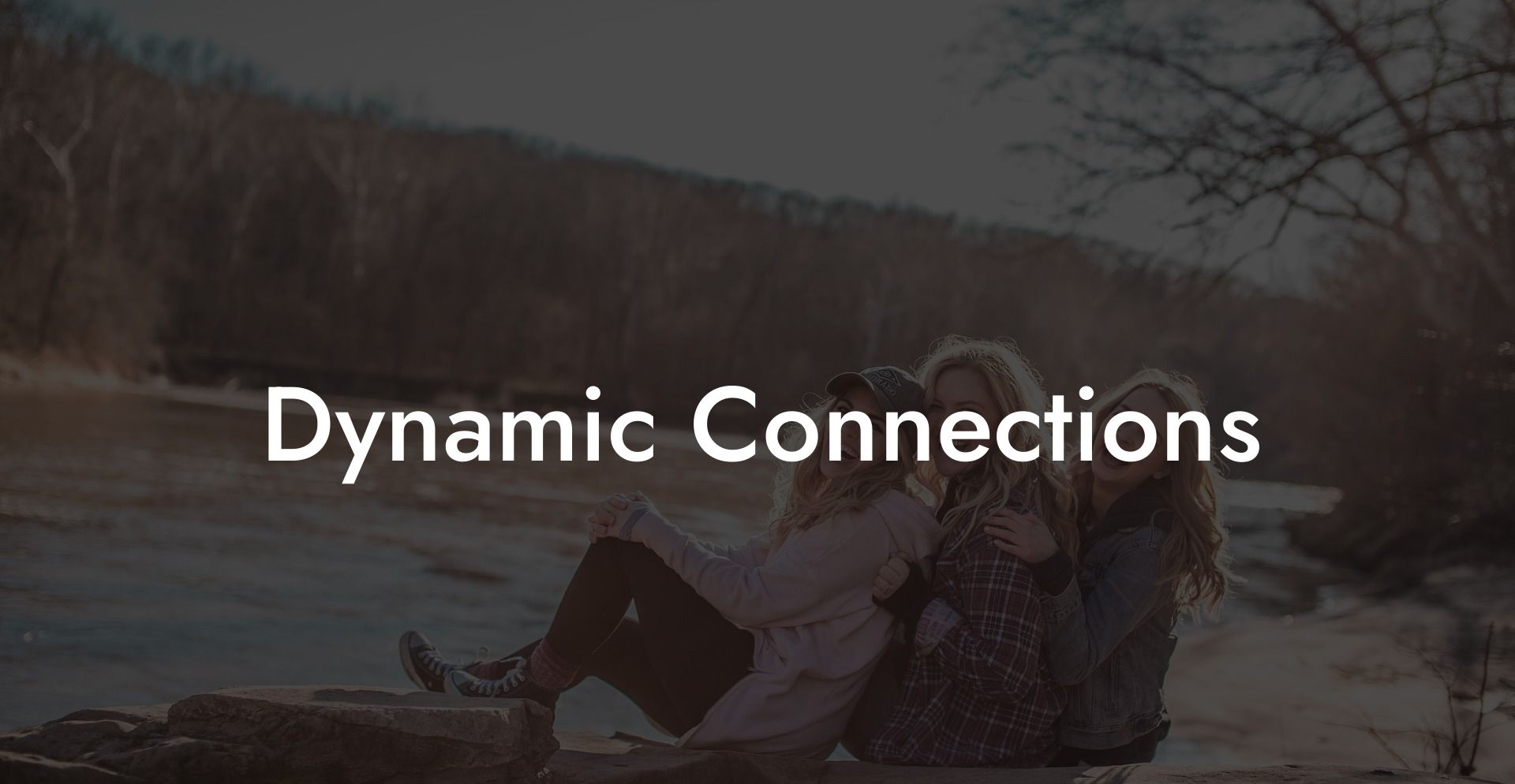
Ever feel like your relationships are less like a static snapshot and more like an epic, ever-changing mural—full of surprises, bright bursts of color, and a few unexpected splashes of abstract art? That’s the magic of Dynamic Connections in ethical non monogamy. This concept isn’t about rigid labels or fixed roles; it’s about celebrating the fluid, evolving nature of our connections, where every relationship is a living, breathing entity that adapts as we grow. If you’re ready to dive into a world where relationships are as dynamic as your favorite improv show and as flexible as a yoga master, read on for a deep, engaging exploration of Dynamic Connections.
Have you ever wondered if monogamy is just a stupid little experiment? Open relationships, polyamory, relationship anarchy...find out which relationship dynamic suits you best with our one minute relationship test. See if you are just conforming to "societal norms". Reveal your truth >>
Quick Links to Useful Sections
- The Ethical Non Monogamy Term: Dynamic Connections
- What Are Dynamic Connections?
- Core Principles of Dynamic Connections
- Historical and Cultural Perspectives
- From Fixed Roles to Fluid Ties
- Cultural Shifts in Modern Relationships
- Everyday Dynamics of Dynamic Connections
- Living a Relationship Playlist
- Navigating Change Together
- Benefits of Embracing Dynamic Connections
- Enhanced Emotional Resilience
- Personal and Collective Growth
- Improved Communication and Trust
- Greater Flexibility and Adaptability
- Challenges of Dynamic Connections
- Managing Complex Communication
- Balancing Individual and Collective Needs
- Adapting to Continuous Change
- Dealing with External Judgment
- Frequently Asked Questions (FAQ)
- Resources and Community Support: Your Next Steps
The Ethical Non Monogamy Term: Dynamic Connections
What Are Dynamic Connections?
Dynamic Connections refer to the fluid, ever-evolving bonds that form in ethical non monogamy. These connections are not set in stone—they change, adapt, and grow in response to our personal development, shifting needs, and the unpredictable twists and turns of life. Instead of viewing relationships as fixed entities with predetermined roles, Dynamic Connections celebrate the process of continual evolution. In other words, your relationships are like a playlist that keeps updating with new tracks, rather than a single, looping song.
In this model, each connection is approached with openness, flexibility, and a willingness to adapt. It’s about recognizing that love and connection are not limited commodities but expansive forces that can transform and multiply over time.
Core Principles of Dynamic Connections
- Fluidity: Relationships are continuously evolving. What works today might change tomorrow, and that’s not only acceptable—it’s celebrated.
- Mutual Empowerment: Every partner contributes to and benefits from the collective growth, making the whole network stronger.
- Open Communication: Regular, honest dialogue is essential to navigate changing boundaries and shifting emotional needs.
- Adaptability: Being open to change and willing to renegotiate roles and expectations as circumstances evolve.
- Interconnectedness: Recognizing that each relationship influences and enriches the others, creating a complex web of support and intimacy.
Historical and Cultural Perspectives
From Fixed Roles to Fluid Ties
Traditional relationship models have often been defined by fixed roles and clear hierarchies. Monogamy, for instance, typically prescribes an exclusive, unchanging bond between two people. However, as social norms have evolved, so too has our understanding of love and connection. The concept of Dynamic Connections emerged as part of a broader movement towards recognizing that relationships can be multifaceted and fluid.
In many marginalized communities—whether among LGBTQ+ groups or countercultural movements—people have long created “chosen families” and support networks that defy conventional labels. These dynamic networks served as lifelines, offering emotional support and solidarity in the face of societal rejection. Today, Dynamic Connections build on that legacy by celebrating the idea that love is expansive and ever-changing.
Cultural Shifts in Modern Relationships
In our modern era, especially among Millennials and Gen-Z, there is a growing appreciation for flexibility in relationships. Social media, digital communication, and the increasing visibility of alternative lifestyles have all contributed to a shift in how we define connection. Dynamic Connections are a natural evolution of these changes—they reflect the reality that our needs and desires are not static but evolve over time.
This cultural shift encourages us to embrace change rather than fear it, allowing for relationships that are resilient, adaptive, and uniquely tailored to the individuals involved.
Everyday Dynamics of Dynamic Connections
Living a Relationship Playlist
Imagine your relationships as a carefully curated playlist that gets updated regularly with new tracks. Some songs might be your old favorites that never lose their charm, while others are fresh tunes that surprise and delight you. That’s what Dynamic Connections are all about—each connection has its own rhythm, pace, and evolution, yet they all come together to create a harmonious whole.
In everyday life, this might look like:
- Regular Check-Ins: Whether it’s a casual coffee date or a deep heart-to-heart, regular conversations help you stay connected and adapt to each other’s evolving needs.
- Flexible Scheduling: Using digital calendars and group chats to coordinate time with various partners, ensuring that every relationship gets the attention it needs.
- Adaptive Boundaries: Recognizing that boundaries might shift over time and being willing to revisit and renegotiate them as needed.
Navigating Change Together
Dynamic Connections require a mindset of continual growth and adaptation. As each partner evolves, the relationship must also transform. This can be both exhilarating and challenging, as it demands ongoing self-reflection and a commitment to open communication.
When changes occur—be it a new career opportunity, personal development, or evolving emotional needs—Dynamic Connections allow you to adjust without feeling like you’re losing something. Instead, these shifts are seen as opportunities for collective growth and deepening intimacy.
Benefits of Embracing Dynamic Connections
Enhanced Emotional Resilience
With a network of Dynamic Connections, you benefit from a robust support system where each relationship contributes uniquely to your well-being. This collective strength makes it easier to navigate life’s ups and downs.
- Diverse Support: Access to a variety of emotional perspectives and strengths can help you weather personal challenges.
- Collective Wisdom: Learning from the experiences of multiple partners can offer fresh insights and solutions to common problems.
Personal and Collective Growth
Embracing the fluid nature of your relationships encourages continuous personal growth. As you adapt and evolve, you also contribute to the collective development of your relationship network.
- Self-Awareness: Regular self-reflection and open communication help you understand your own needs better.
- Mutual Empowerment: When every partner is encouraged to grow, the entire network becomes stronger and more resilient.
Improved Communication and Trust
Dynamic Connections thrive on clear, honest dialogue. When everyone is committed to keeping the lines of communication open, trust builds naturally, leading to deeper and more fulfilling connections.
- Stronger Bonds: Regular, heartfelt conversations strengthen the emotional ties between partners.
- Conflict Resolution: Open communication makes it easier to address and resolve conflicts before they escalate.
Greater Flexibility and Adaptability
One of the standout benefits of Dynamic Connections is their flexibility. In a world where change is the only constant, having relationships that can adapt and evolve with you is incredibly empowering.
- Fluid Roles: Without fixed labels, each partner has the freedom to shift roles and responsibilities as needed.
- Resilience in Change: Adaptive relationships are better equipped to handle life’s transitions, ensuring that the support network remains strong.
Challenges of Dynamic Connections
Managing Complex Communication
With multiple relationships that are constantly evolving, communication can become complex. It requires ongoing, multi-directional dialogue that can sometimes feel overwhelming.
- Tip: Schedule regular check-ins and use digital tools to streamline communication.
- Tip: Prioritize active listening to ensure that all voices are heard and understood.
Balancing Individual and Collective Needs
One challenge in Dynamic Connections is finding the right balance between personal needs and the collective goals of the group. Every partner has unique desires, and aligning them can be tricky.
- Tip: Engage in honest discussions about individual goals and collective expectations.
- Tip: Be willing to compromise and adjust boundaries as necessary to maintain harmony.
Adapting to Continuous Change
The very nature of Dynamic Connections means that change is constant. While this can be exciting, it can also lead to uncertainty or a feeling of instability if not managed well.
- Tip: Foster an environment where change is seen as an opportunity for growth rather than a threat.
- Tip: Maintain flexibility in your agreements and be open to regular updates and renegotiations.
Dealing with External Judgment
Non-traditional relationship models like Dynamic Connections can sometimes attract criticism from those who favor more conventional structures. This external pressure can be challenging to navigate.
- Tip: Build a robust support network of like-minded individuals who understand and celebrate your dynamic approach to relationships.
- Tip: Focus on your own values and growth rather than trying to conform to external expectations.
Frequently Asked Questions (FAQ)
1. What are Dynamic Connections?
Dynamic Connections refer to the fluid, evolving bonds in ethical non monogamy that adapt over time as partners grow and change. They emphasize flexibility, mutual support, and open communication.
2. How do Dynamic Connections differ from traditional relationship models?
Unlike traditional models that assign fixed roles or hierarchies, Dynamic Connections are non-static and continuously renegotiated, allowing relationships to shift and adapt according to current needs and circumstances.
3. What are the core principles of Dynamic Connections?
The core principles include flexibility, collective empowerment, mutual support, open and honest communication, and an adaptable, non-hierarchical structure.
4. How do Dynamic Connections benefit my relationships?
They create a resilient, adaptable network that enhances emotional support, fosters personal growth, and allows for deep, diverse connections that evolve with time.
5. What challenges might I face with Dynamic Connections?
Challenges include managing complex communication, balancing individual needs with collective goals, adapting to continuous change, and navigating external judgment.
6. How can I improve communication within a Dynamic Alliance?
Regular group and individual check-ins, active listening, using “I” statements, and leveraging digital tools like shared calendars can significantly enhance communication.
7. What strategies help balance individual and collective needs?
Engage in open discussions about personal and group goals, be willing to compromise, and set flexible boundaries that can be renegotiated as needed.
8. How do I manage the constant changes in Dynamic Connections?
Embrace change as an opportunity for growth, schedule regular reviews of your agreements, and maintain a flexible mindset to adapt to evolving circumstances.
9. Can Dynamic Connections include both monogamous and non-monogamous elements?
Yes, Dynamic Connections are versatile and can incorporate a mix of relationship styles as long as there is a commitment to open communication and mutual support.
10. How important is self-care in Dynamic Connections?
Self-care is vital—it ensures you remain emotionally and physically balanced, which is essential for contributing to a resilient and supportive relationship network.
11. What role does external support play in Dynamic Connections?
Building a supportive community of like-minded individuals can provide valuable insights, reduce feelings of isolation, and help you navigate the challenges of constantly evolving relationships.
12. Where can I find more resources on Dynamic Connections?
Additional resources include books like The Ethical Slut by Dossie Easton & Janet Hardy, podcasts such as Multiamory, and online communities like r/polyamory.
Resources and Community Support: Your Next Steps
- The Ethical Slut by Dossie Easton & Janet Hardy – A seminal resource that explores ethical non monogamy and offers insights into the evolving nature of relationships.
- Podcasts: Listen to Multiamory and related podcasts to hear real-life experiences and expert advice on dynamic, evolving relationship networks.
- Online Communities: Join forums like r/polyamory to share your journey, ask questions, and connect with like-minded individuals.
- Workshops and Webinars: Attend events focused on relationship psychology and ethical non monogamy to deepen your understanding and build a supportive network.
- Therapy and Counseling: Consider professional guidance if you need help managing complex emotions or navigating the fluid dynamics of your relationships.
By exploring these resources and applying the practical strategies outlined in this guide, you can cultivate a deep, adaptive understanding of Dynamic Connections. Embrace the fluidity, celebrate the shared growth, and let your relationships evolve naturally, creating a network that is as resilient and vibrant as you are.
Lost & confused by all of the terms, types and seemingly made up 3 letter acronyms?? We've got you. Check out our Ethnical Non-Monogamy Dictionary >>
Useful Interruption: Not sure which relationship vibe fits you best? Take our Relationship Test, it’ll give you the real insight into your natural relationship style. Then, dive into our binge-worthy guides (from the tried-and-true to the “wait, that’s a thing?”) and find the perfect relationship type for your life:
- Monogamy
- Open Relationships
- Ethical Non-Monogamy
- Solo Polyamory
- Non-Hierarchical Polyamory
- Hierarchical Polyamory
- Relationship Anarchy
- Swinging
Now back to the main article but yeah take the test...


